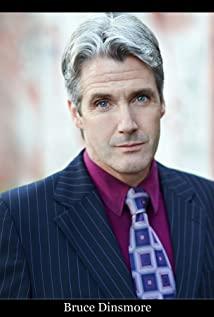Margaret Atwood's "Double-Faced Grace" even liked me even more than "The Handmaid's Tale". I saw the author's compassion, not only for the protagonist Grace, but also for Mary Whitney and Nancy, For every woman on the show.
Grace's beauty, a gift from God, has become her weakness.
The first change of fate was when she came to Canada across the ocean. Grace, who lost her mother and was young, was molested by her biological father. Her firm refusal led to her being kicked out of the house to become a maid.
The second change came from the death of her close relative and friend Mary Whitney. The shameless young master harassed her day and night, forcing her to seize every opportunity to leave her first employer.
The third change, the 2nd employer misbehaved and wanted to rape (perhaps already, too obscure to understand) Grace. At the same time, the housekeeper, who was pregnant with her employer's child, abused Grace in every possible way in order not to be abandoned. Grace was forced to a corner by fate and had no way out.
Every major woman on the show, Grace, Mary Whitney, Nancy. All because of being a woman, dragged down by sex. Mary was deceived by her young employer, and was arbitrarily aborted by the liar doctor and lost her life. Nancy was deceived when she was a teenager, and she experienced pregnancy and abandonment. She had to rely on the greedy colonel in exchange for her body. When she became pregnant again, the novelty was no longer. Beautiful Grace. As a woman, beautiful traits have become weaknesses and wounds.
Compared with The Handmaid's Tale from the American team, the Canadian team's "Double-Faced Grace" seems to have a slower pace. Female authors, female directors, and actresses are all trying to understand this woman who really existed two hundred years ago, trying to imagine everything that happened to her, and slowly guide the sympathy in the audience's heart.
We followed the psychiatrist, peeled off Grace's heart layer by layer, and gained insight into her crime and punishment. Through Grace's soul, what I saw was her screaming in her heart, just like the foul language she faked hypnotized at the end, that was Her accusation, her insult to men, the oppression of nobles, the injustice of fate. The surface has been calm, but the blood has been spit in the heart. At this moment, Grace is no longer herself, she is the collection of all the tragic fates she has seen, she is crying for herself, and she is also crying for the injustices for them who can't speak.
Ps. I have a little doubt, why did the psychiatrist go back to have sex with the landlady after the hypnosis is over? Even if he didn't want it at all.
View more about Alias Grace reviews











